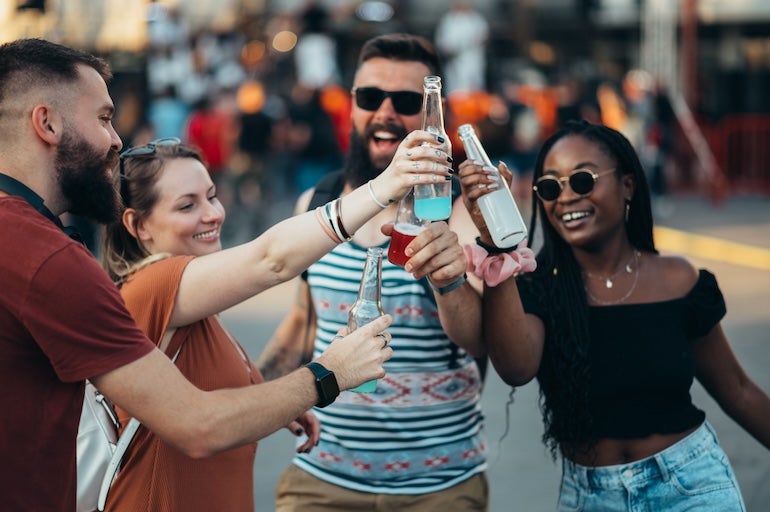Pennsylvania was a major player in the 2024 presidential election with just over 2 percentage points separating President-elect Donald Trump and Vice President Kamala Harris. Research led by a Rice University political scientist finds that residents living in neighborhoods that hosted at least one block party in prior presidential election years were nearly 2 percentage points more likely to vote in that year’s presidential election compared to those who lived on blocks without such events.

The study was based on data from Philadelphia voter rolls, city permits and U.S. Census neighborhood demographics. The researchers looked at block party permits issued between 2006-16. The research team focused on the 2012 election because it was seen as a more typical voting year unlike 2008, which had an exceptionally high turnout, or 2016, when Pennsylvania was considered a battleground state.
While the turnout boost found by the study was modest, it surpassed the impact of expensive get-out-the-vote campaigns, which many argue have little to no effect on turnout. Furthermore, block parties were found to be especially effective at mobilizing voters in Black neighborhoods, where turnout increased more than in predominantly white, Asian or Latino neighborhoods.
“Block parties have long been a cherished tradition in Philadelphia neighborhoods,” said study author Tanika Raychaudhuri, an assistant professor of political science at Rice. “Our findings suggest that these gatherings may also strengthen civic engagement by increasing voter turnout. While the effect may be small, it’s larger than many of the costly voter outreach efforts in which campaigns invest.”
The study highlights the importance of neighborhood social ties, theorizing that the casual conversations that take place at block parties may play a role in spreading political information such as voter registration deadlines and polling locations.
While the study provided promising insights, Raychaudhuri said questions remain. Researchers do not yet fully understand the exact mechanisms by which block parties increase voter turnout nor if these findings apply to cities beyond Philadelphia or to other election years. More research is needed to determine the potential of block parties and similar events to increase voter engagement on a national scale.
The study was co-authored by Joshua Davidson from Oberlin College and Michael Jones-Correa from the University of Pennsylvania and is online at https://journals.sagepub.com/doi/10.1177/10780874241270041.

